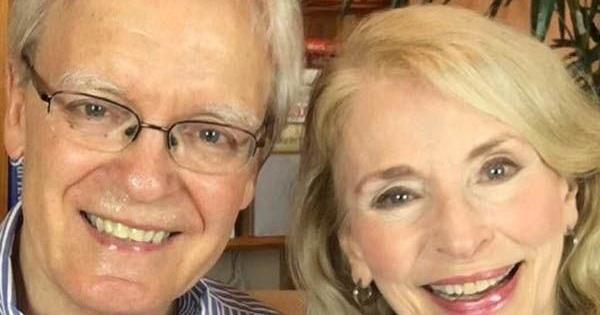Commentary: Better Listening Skills Can Improve Your Life | Review by Chanhassen
Why is listening important? We thought about this question for several reasons this week. The importance of listening was the topic of a recent MarshWinds Toastmaster group meeting. As speakers, they also realize the importance of the role of listening and have sought ways to become better listeners. This led us to realize that the ability to listen has deteriorated in our world today.
Ronnie Polaneczky, journalist and professional interviewer, points out that on social networks, people don’t really listen to each other. They do not communicate and do not create a connection. Instead of creating engagement, what is actually being created is estrangement. When people post a message on social media, they are exposing something about themselves and then others judge them.
We felt that people’s inability to listen manifests itself in many areas of society and causes conflict. In the political arena, many people want to talk but few want to listen. It reminds us of a poignant quote from Stephen Covey: “Most of us don’t listen with the intention of understanding. We listen with the intention of responding.
So why is it important to listen? We listened to a Ted Talk by William Ury, an international negotiator. He outlines three important reasons to listen.
- Listening helps us understand the other side.
- Through listening, we can connect, build relationships, and show that we care.
- When we listen to others, it also encourages others to listen to us.
While researching listening, we realized that if people could really listen to each other, a lot of conflict could be avoided. Knowing that listening is important, how can we be an effective listener. In coaching, we call this “active listening”.
In active listening, you not only learn to listen to what is said, but also to listen to what is not said. You listen for the pauses and intonation of how it is said. There are so many more than words. During this time, other extraneous thoughts may creep into your mind. Let them go quickly to stay focused on what is being said.
If you know you’re going to listen to someone, it can be helpful to take a moment to first listen to yourself and what’s going on with you. Then center yourself. This way when you meet someone you can be totally present and not think about yourself. Mr. Scott Peck said, “True listening requires putting yourself aside.
We talked about the importance of listening to others so that we can increase understanding and lesson conflict. Julian Treasure, sound consultant, is someone who talks about the importance of also listening to the sounds of our environment. For example, as we were writing this, we became aware of the ticking of a clock in our house. It was a sound we didn’t hear until we consciously took the time to listen.
Sounds can locate us in space and time. The ticking of the clock reminded us of the pleasant times of our childhood when we heard the grandfather clocks ticking in our house. Acclimatization to what we hear can vary greatly. Some people may live next to a noisy train track and not really hear it because it is so familiar.
Last summer we went to farmland. We were surprised by the “silence” as we stood in the farm field. We don’t feel like we live in a noisy environment, but when we were out in the field it was noticeably quieter. Then the subtle sounds of the gentle breeze, crickets and birds became more pronounced.
Notice how the sounds around you affect you. Sometimes having a small water fountain or white noise machine in your home can have a positive effect on mood.
Julian Treasure suggests taking three minutes a day to be still so you don’t lose the ability to recognize the subtle sounds around you. He also believes mindful listening creates understanding and increases the ability to connect in more meaningful ways. He and other sound and listening experts suggest that having classes in school to teach people how to be good listeners could be very beneficial for interpersonal relationships, society and world harmony.
And you? How important is listening in your life? We have emphasized the importance of listening in your personal relationships and in your environment. We hope that practicing your listening skills will add increased richness to your relationships and appreciation of the sounds around you.


Comments are closed.